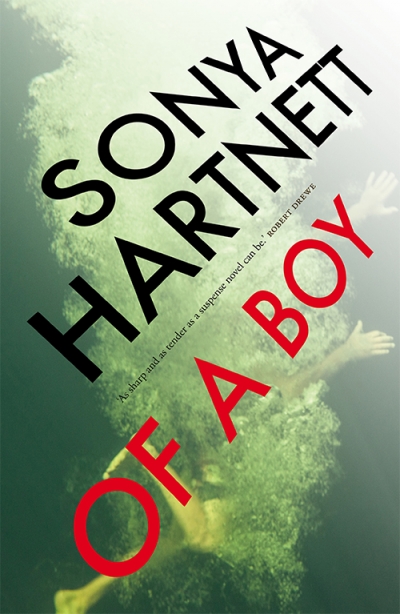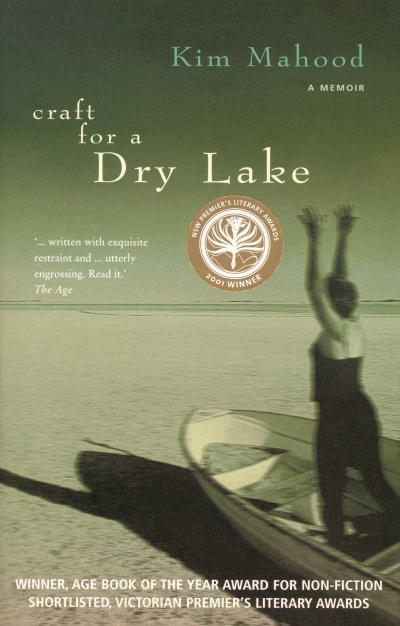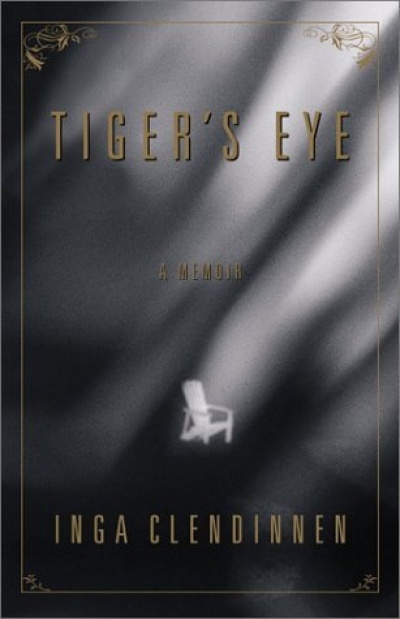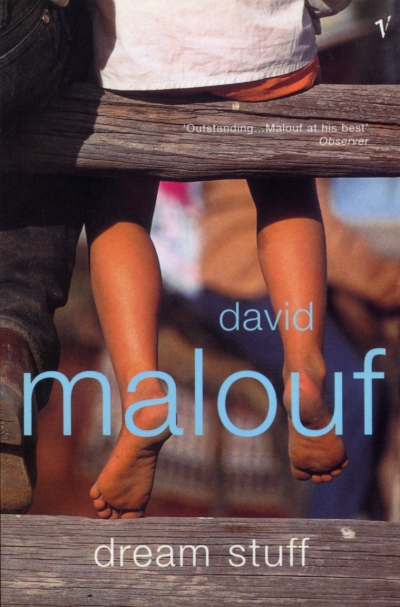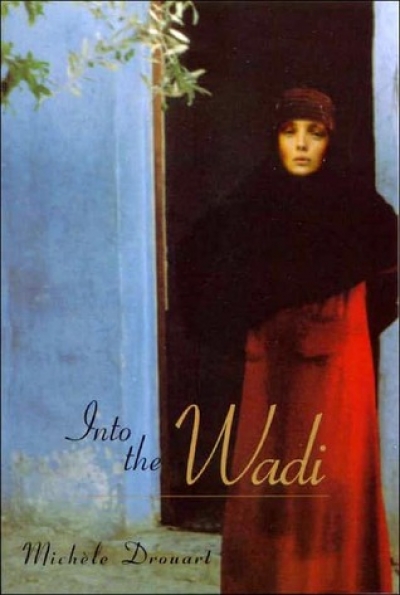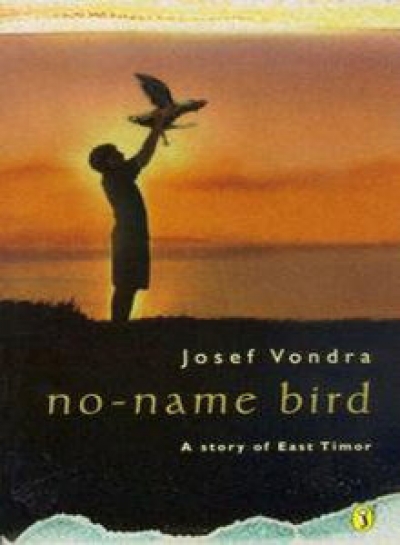Archive
The question is probably all wrong. How can an American – well, an Egyptian-born American, if hyphenate we must – pronounce life on Australia? I came to the Antipodes late in my life, drawn to the Pacific, that great wink of eternity, Melville called it, drawn to horizons more than to origins. I made friends and became in Australia a wintry celebrant.
... (read more)A Symposium on the state of Australian Fiction with McKenzie Wark, Katharine England, and James Bradley ... (read more)
We should no longer marvel at the way art historians are forever finding yet another woman artist to rescue from undeserved obscurity. With Patricia R. McDonald’s tribute to Barbara Tribe we have the work of this eclectic Australian sculptor finally validated in a handsomely produced monograph.
... (read more)


